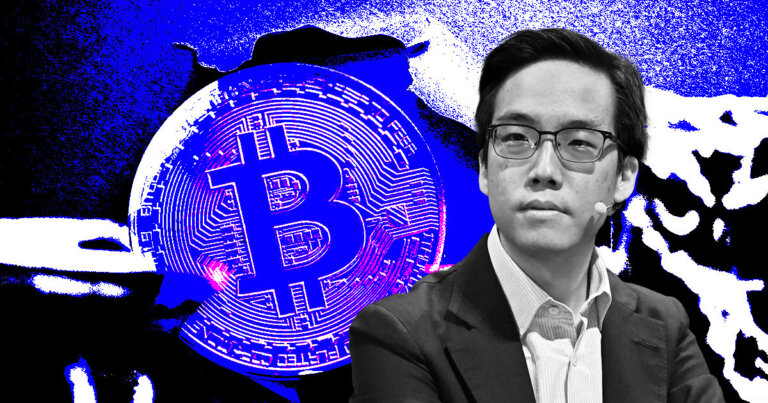 ProtonMail creator unsure whether his firm will continue to hold Bitcoin
ProtonMail creator unsure whether his firm will continue to hold Bitcoin ProtonMail creator unsure whether his firm will continue to hold Bitcoin
Andy Yen, CEO of Proton, has expressed concerns about the state of crypto.

Web Summit / CC BY 2.0 / Flickr. Remixed by CryptoSlate
Proton CEO and co-founder Andy Yen said that he is unsure whether his company will continue to hold Bitcoin during a Forbes interview published on Dec. 27.
The company, which offers the encrypted email app ProtonMail and various other services, has held Bitcoin for at least five years. After years of limited integration, Proton officially began accepting Bitcoin payments in 2017. In 2019, the company confirmed that it had been holding Bitcoin that it received from customers.
Yen affirmed today that Proton has “always kept some of [its] reserves in Bitcoin” but suggested that the firm is not guaranteed to do so. He said:
“There’s an internal debate: I don’t have the answer to that yet — I’m not sure if we continue to hold Bitcoin or not hold Bitcoin.”
Yen also described his sentiments on Bitcoin. He expressed concerns over fraud, scams, and short-lived fads such as the recent NFT bubble and 2017’s “ICO craze.” He also argued that cyclical, short-lived interest in crypto leads to regular market spikes and crashes that “lay waste” to the crypto market every three to four years.
Yen said during the interview:
“People are not going to have faith and confidence and trust in an asset class if it is frequently having 80% crash cycles. We need the crash cycles to be less and less severe over time and that’s just not happening.”
To confront this problem, Yen argued for stronger moderation and self-regulation within the crypto sector. He also expressed opposition to regulation by lawmakers.
Yen’s skepticism toward Bitcoin as a held asset does not mean that the company will stop accepting Bitcoin transactions. Proton currently accepts Bitcoin as payment for its services, and today’s report from Forbes suggests that the company is in the process of adding Lightning Network payments.
Due to Proton’s ongoing work with cryptocurrency, rumors emerged in 2018 that the company would issue its token by carrying out an initial coin offering (ICO). The company firmly denied those rumors at the time.













































































































